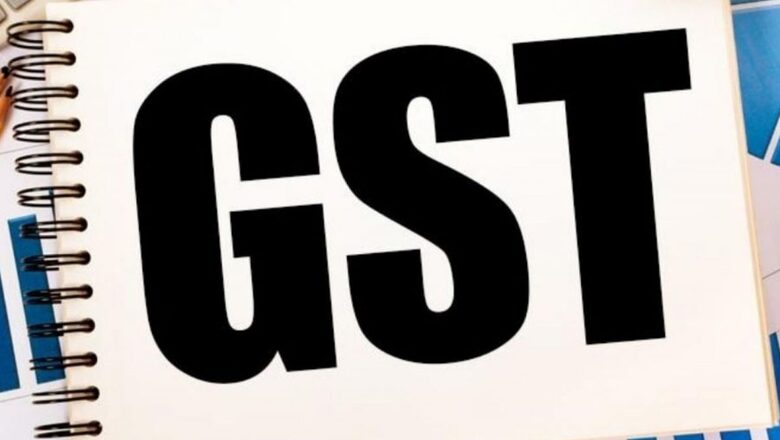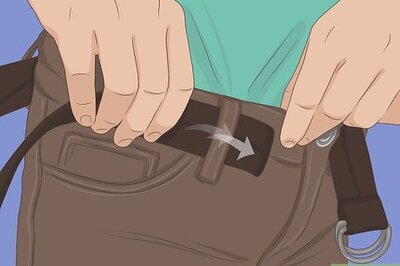
views
GST Changes from January 1: The new year, 2022, is set to see a host of changes in terms of Goods and Service Tax, or GST, in India. The changes had been previously notified by the government and will take effect from January 1 — which is next Saturday. The changes include liability on e-commerce operators to pay tax on services provided through them by way of passenger transport or restaurant services. Also, the correction in inverted duty structure in footwear and textile sectors would come into effect from Saturday wherein all footwear, irrespective of prices, will attract GST at 12 per cent while all textile products, except cotton, including readymade garments will have 12 per cent GST.
Here is how the GST changes from January 1 will affect you:
Prices of Readymade Garments and Shoes to Go Up
From January 1, be ready to shell out more money on your favourite dress or shirt as well as your shoes as the government will start charging 12 per cent GST on these items instead of the previous 5 per cent. According to a government notification, all footwear, irrespective of prices, will attract GST at 12 per cent. On the other hand, all readymade textles, except those made with cotton, will also attract a GST of 12 per cent. Previously, these items were sold at 5 per cent GST rate.
Opposition parties have opposed this move, with West Bengal finance minister Amit Mitra claiming that 15 million jobs will be lost due to this. The cotton sector is already reeling under 70 per cent inflation, he had claimed, adding that the government estimate of earning an additional Rs 7,000 crore from raising the tax is mythical as a lot of units may shut down as a direct consequence of the tax hike. He had accused the Centre of not discussing the issue in the GST council before announcing the hike.
Online Transport Services to Come Under GST Ambit
Online transport services like Ola, Uber and its likes have become a part and parcel of many people, especially those in metro cities. Auto or taxi services when provided through any e-commerce platform would become taxable effective January 1, 2022, at 5 per cent rate, the government has notified. Previously, the government used to charge a service tax of 6 per cent from the riders of app or radio cabs and the move will slightly bring down the fares of your Ola or Uber ride from the new year. However, these rules will not be applicable on passenger transport services provided by auto rickshaw drivers through offline/ manual mode, which attract no taxes.
Swiggy/ Zomato to Charge GST
From January 1, 2022, the procedural changes mentioned in the above point would come into effect for all e-commerce operators, including as Swiggy and Zomato. The food delivery apps would be made liable to collect and deposit GST with the government on restaurant services supplied through them from January 1, which is next week. They would also be required to issue invoices in respect of such services.
However, there would be no extra tax burden on the end consumer as currently restaurants are collecting and depositing GST. Only, the compliance of deposit and invoice raising has now been shifted to food delivery platforms. The move comes after government estimates showed that tax loss to exchequer due to alleged underreporting by food delivery aggregators is Rs 2,000 over the past two years.
(With PTI inputs)
Read all the Latest Business News here

















Comments
0 comment